

WATER AND SANITATION
Sanitation
Open defecation continues to be one of the major environmental challenges facing the municipality especially in communities along the coastal areas. The Assembly was able to declare only four communities as out of the 96 communities as Open Defecation Free (ODF).
As part of the measures to control the spread of the COVID 19 virus in the municipality the Assembly through the Environmental Health and Sanitation Unit undertook some disinfection and disinfestation of various institutions in the municipality.
Environmental Health
Solid Waste Collection and Disposal
Solid Waste Collection and Disposal
With a population of about 175,584, Mfantseman Municipality generated approximately 72.2 metric tonnes of refuse daily based on the standard figure of 0.5kg per capita per day. This constitutes about 150 m3 of volume of refuse taking the density of refuse to be 500 km3. Out of this volume only (12x29) m3 constituting 0.5% of the total volume of refuse generated by the Municipality is properly managed i.e sent to the final disposal site. The rest find their way to unauthorized dump sites along the beaches, bushes along the major roads. The general condition of the final disposal site located at Ewoyaa was fair.
Night Soil (Excreta) Management
Indiscriminate defecation and disposal of human excrement especially along the beaches of most coastal communities with their associated adverse effect on public health and tourism in the Municipality continued to constitute serious issues that need prompt interventions.
A research conducted by the Unit into contributory factors to the issue indicated that most houses are built without adequate or no provision for household toilet facilities and the closure of some public toilets owing to mismanagement of the facilities resulting from the Assembly’s inability to monitor them. This situation compelled residents to resort to “free range” or open defecation especially at the beaches.
A research conducted by the Unit into contributory factors to the issue indicated that most houses are built without adequate or no provision for household toilet facilities and the closure of some public toilets owing to mismanagement of the facilities resulting from the Assembly’s inability to monitor them. This situation compelled residents to resort to “free range” or open defecation especially at the beaches.
Night soil collection and disposal in the Municipality is done mostly by the Mfantseman Municipal Assembly and a private establishment in Mankessim under strict supervision of the Environmental Health Unit.

Waste Management
The total number of container sites operating in the municipality is 15 with 311 number of household bins serviced. The estimate waste cart to disposal site is about 8,361.6 tonnes annually.
Water
AF-SRWSP Water Project in the Mfantseman Municipality saw 30km stretch of the alkaline belt have access to potable water. About 16 communities in the Anomansa Cluster had access to potable water when the project was completed.
This saw the increase of water coverage in the Municipality from 90% in the previous year to 98% in 2020.
This saw the increase of water coverage in the Municipality from 90% in the previous year to 98% in 2020.
The Mfantseman Municipal Assembly as part of its mandate is to ensure that the people have access to adequate potable water and convenient sanitation facilities, hence the construction of a number of boreholes, small town pipe systems at Dominase and Kyeakor and other institutional latrines.
Water supply in the Municipality comes from two main sources, Brimso and Baifikrom which supply to some communities to the Western part of the municipality. Most of the communities scarcely get water supply for the greater part of the year due to frequent power outages, small capacity of the treatment plant, drying up of the two main water sources, and obsolete pipelines and equipment.
Over 170 boreholes have been constructed in the municipality with two Small Town Water Systems in Abeadze-Dominase and Kyeakor to supply water to other adjoining communities. Over 90% of communities in the municipality are enjoying potable water

Date Created : 4/10/2025 12:00:00 AM
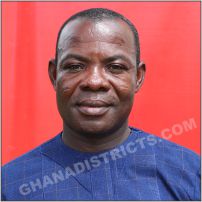

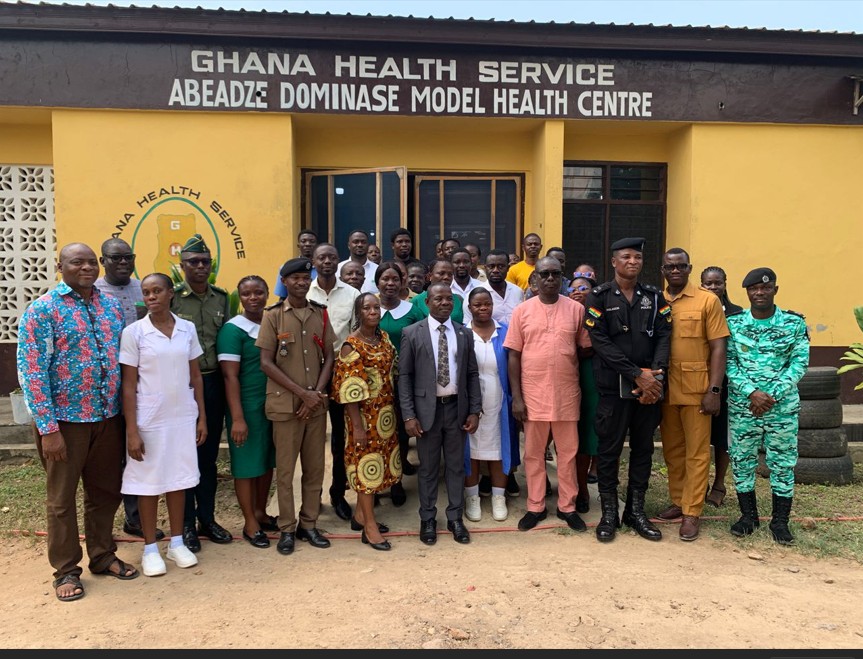
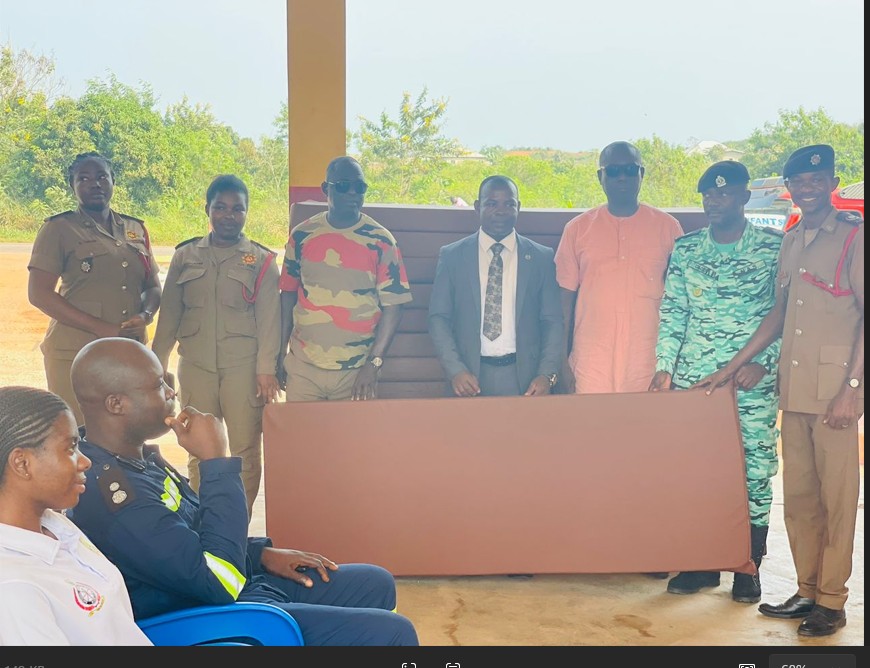
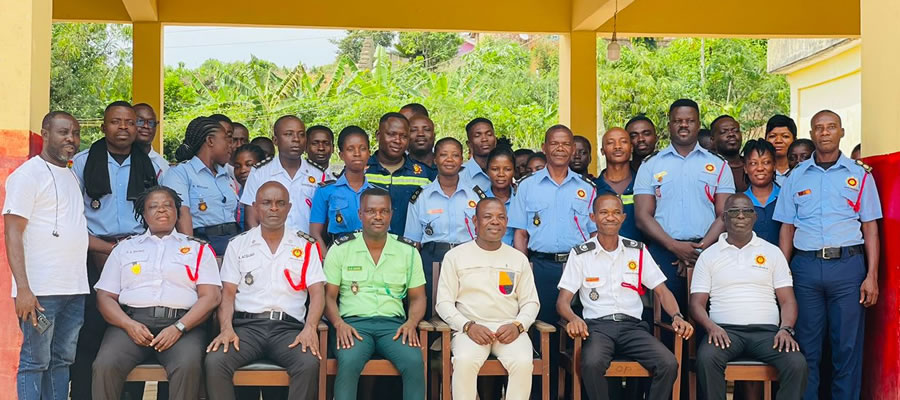
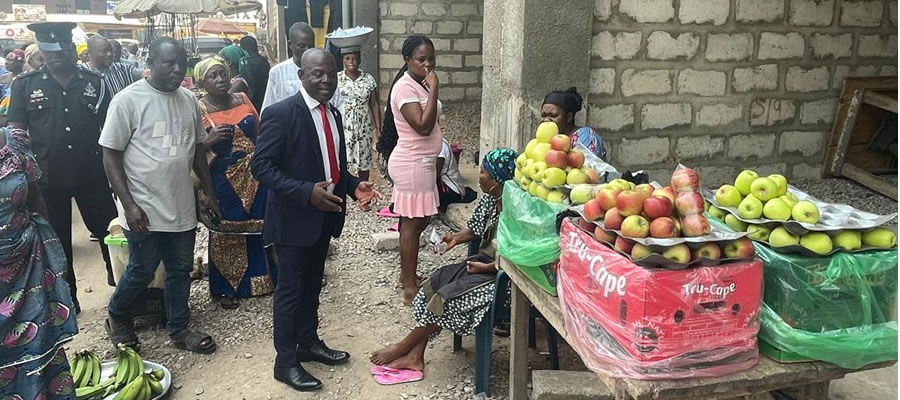
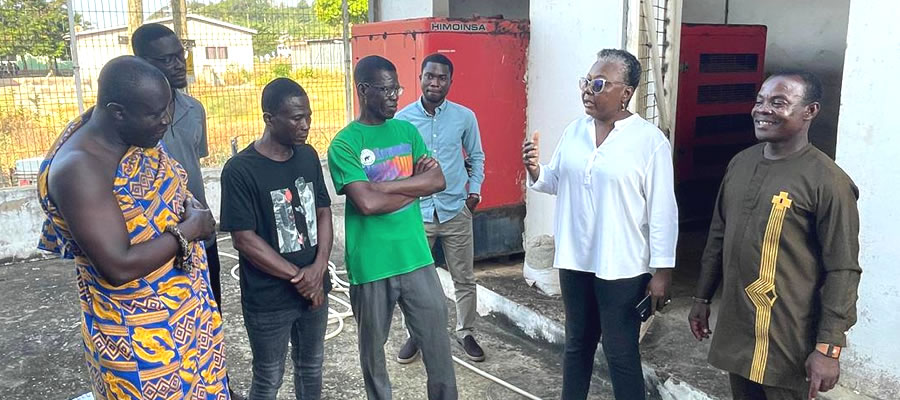
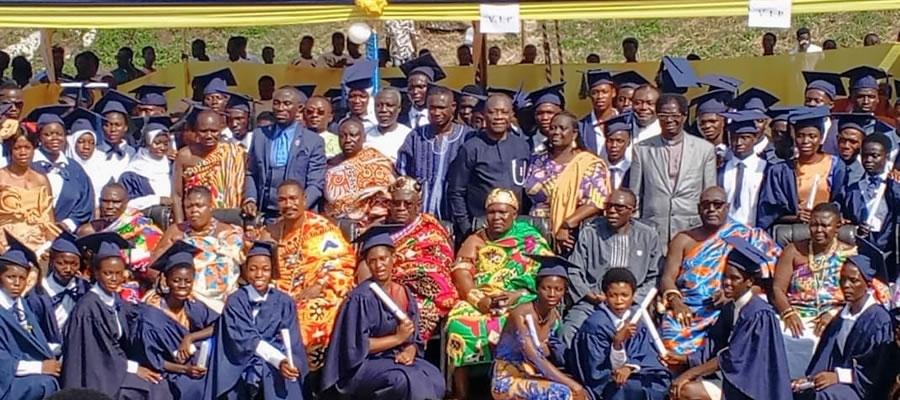




 facebook
facebook
 X
X
 Youtube
Youtube
 instagram
instagram
 +233 593 831 280
+233 593 831 280 0800 430 430
0800 430 430 GPS: GE-231-4383
GPS: GE-231-4383 info@ghanadistricts.com
info@ghanadistricts.com Box GP1044, Accra, Ghana
Box GP1044, Accra, Ghana